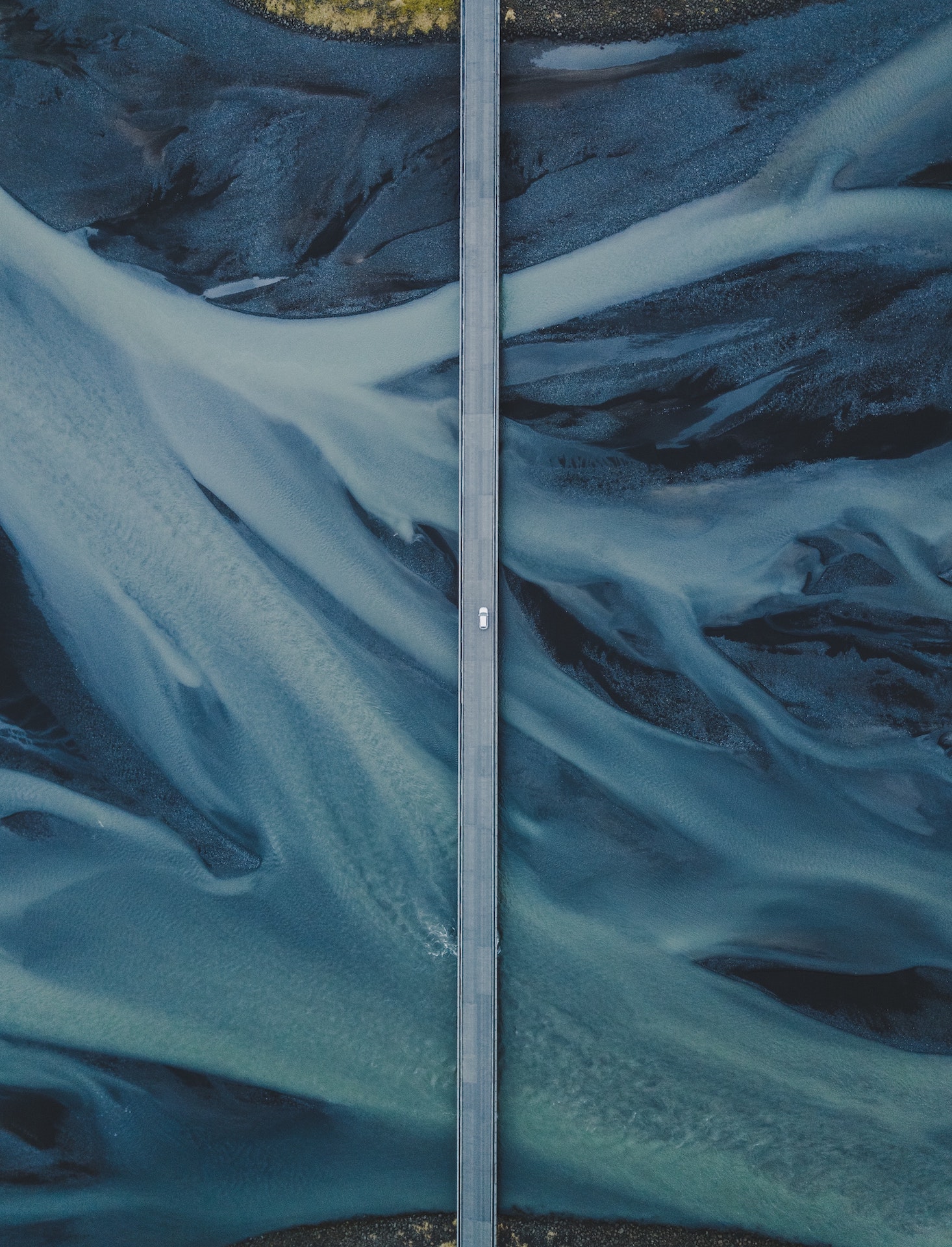We are happy you are here.
RIVER is an inter-Nation-al 1 circle of people collaborating to revitalize and strengthen Indigenous approaches for regenerative development of land, water and all life.
RIVER has been forming since 2019, with a gathering of people from across Turtle Island (Canada and the U.S.A) and Aotearoa/New Zealand. We are currently sowing connections in Australia. Our collective spans generations and holds wide-ranging expertise in the areas of law and governance, sustainable enterprise, cultural restoration, biodiversity conservation, Earth’s living systems, engineering, artistry, education, and design.
In this unprecedented time, when interconnected ecological, climate, and health crises threaten our collective survival, the world is increasingly looking to Indigenous peoples for solutions. Indigenous peoples’ and knowledge systems are incredibly diverse and the multitude of Indigenous identities cannot be overstated. A commonality among many of us, however, is our understanding of connection to life on Earth as kin relatives, which means that our starting place to meet global crises is relational and intersectional. A kin-centric approach shifts how we relate to the Earth and to each-other: instead of being land-owner with rights of resource extraction, we are child to Mother with responsibilities of care. In the same breath, it is important to step away from romanticised realities of Indigenous approaches and state clearly: we too, are colonized peoples. Much has been lost and the impact of our colonization is felt in the disconnection, addiction, poor health, education and criminal realities of our day.
Thus, we as RIVER are drawn together by a shared need for healing reconnection—to ourselves, to our language and heritage, and most of all to our common Mother: Earth.
























%20-%20new-zealand-topography-from-above-2441454.jpg)




.jpeg)
















